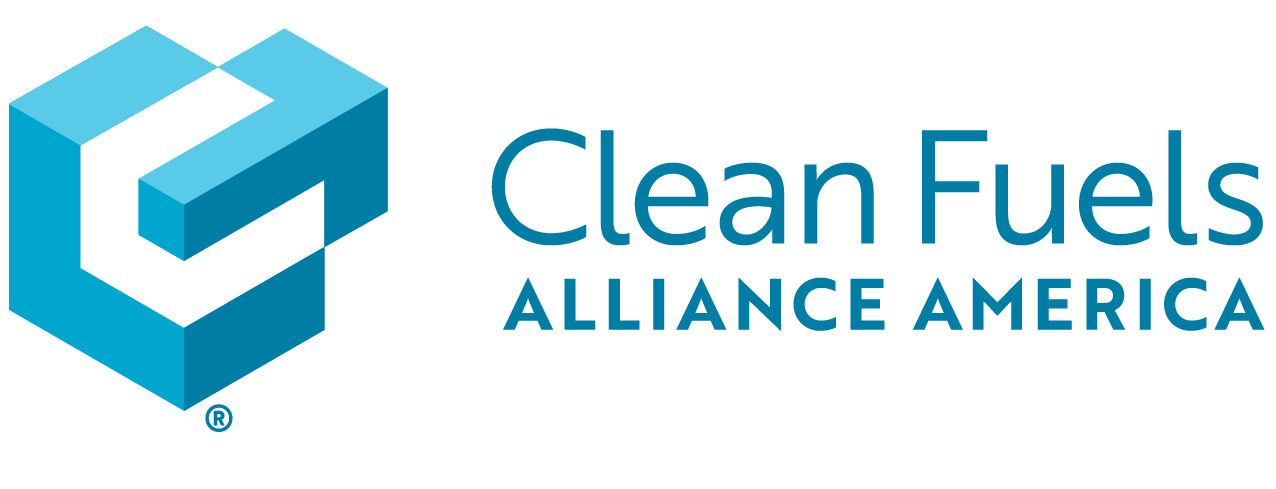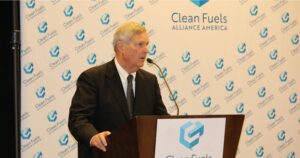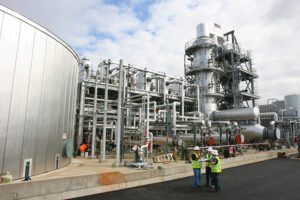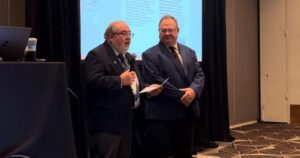WASHINGTON, DC – The National Biodiesel Board and its members thank Sens. Chuck Grassley (R-IA) and Maria Cantwell (D-WA) and Reps. Cindy Axne (D-IA) and Mike Kelly (R-PA) for introducing the Biodiesel Tax Credit Extension Act of 2021, bipartisan legislation to extend the biodiesel tax credit through 2025. The bill introduced in both the U.S. Senate and House today would provide the biodiesel and renewable diesel industry certainty for an additional three years, supporting continued growth in U.S. production of better, cleaner fuels that are reducing carbon emissions now and boosting rural economies.
“As Congress looks to jumpstart economic growth, rebuild infrastructure and reduce carbon emissions, they can count on biodiesel and renewable diesel to help achieve those goals. Biodiesel production is supporting economic opportunities and job creation in rural communities across the country,” says Kurt Kovarik, NBB Vice President of Federal Affairs. “NBB’s members sincerely thank Senators Grassley and Cantwell and Representatives Axne and Kelly, along with the 27 original cosponsors.”
“The biodiesel tax credit continues to be extremely successful in expanding consumer access to clean, low-carbon fuels. Biodiesel and renewable diesel are on average 74% less carbon intensive than petroleum diesel and have cut more than 140 million tons of carbon emissions since 2010. Moreover, these cleaner, better fuels substantially cut emissions of particulate matter that impact cancer rates, asthma and other respiratory diseases, as well as the associated healthcare costs,” Kovarik adds.
ABOUT CLEAN FUELS ALLIANCE AMERICA
Made from an increasingly diverse mix of resources such as recycled cooking oil, soybean oil, and animal fats, the clean fuels industry is a proven, integral part of America’s clean energy future. Clean Fuels Alliance America is the U.S. trade association representing the entire biodiesel, renewable diesel and sustainable aviation fuel supply chain, including producers, feedstock suppliers and fuel distributors. Clean Fuels receives funding from a broad mix of private companies and associations, including the United Soybean Board and state checkoff organizations.





